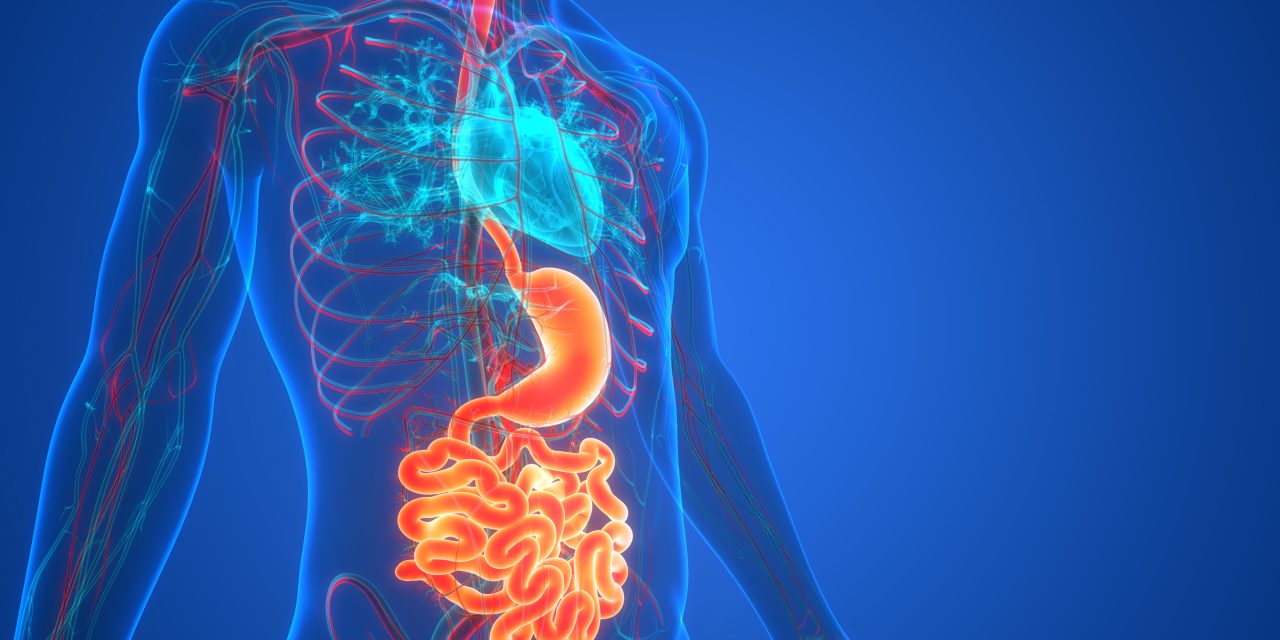For a study, the researchers determined the makeup of the microbiomes in the gastrointestinal tract (GIT) of people using antibiotics and those in obese people changes, with unknown metabolic consequences and connections. The researchers wanted to learn about these impacts, particularly as they relate to glucose metabolism, and to contribute to the understanding of the underlying mechanisms and their implications for health. In adults (n=2) taking 14-day Beta-lactam treatment, as well as obese (n=7) and lean (n=5) adolescents, the researchers evaluated the activity level of GIT carbohydrate-active enzymes toward 23 different sugars. Comparable to non-treated and lean patients, 14-day antibiotic-treated and obese participants had higher and less balanced sugar anabolic capabilities, with 40% carbs being preferentially digested. The poor utilization of sugars propagated across the pentose phosphate metabolism, had negative ramifications for the metabolic condition of the GIT microbiota, according to metaproteome-wide metabolic reconstructions. The findings showed a favorable age-independent relationship between GIT glycosidase activity, BMI, fasting blood glucose, and insulin resistance (r2≥0.95). Antibiotics also changed the active percentage of enzymes that govern mucin glycan thickness, content, and consistency. The researchers’ findings and analysis reveal biochemical insights into the consequences of antibiotic use on the dynamics of the GIT microbiota, as well as possible linkages to obesity. The knowledge and hypotheses provided in the paper serve as a foundation for future, systematic research that will be critical in the development of “smart” nutritional and pharmacological approaches to control host-microbe metabolic co-regulation in intestinal homeostasis.


